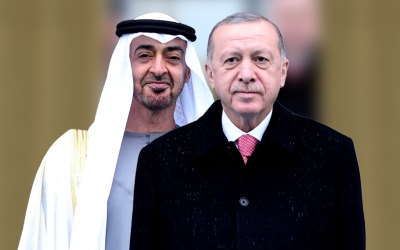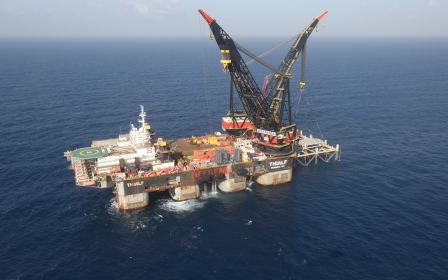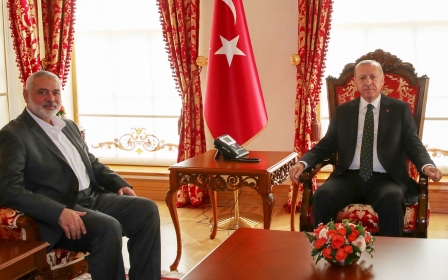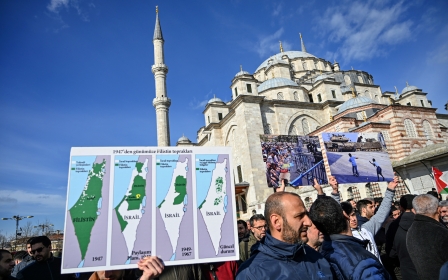Turkish foreign minister reaffirms support for Palestine in rare two-day tour
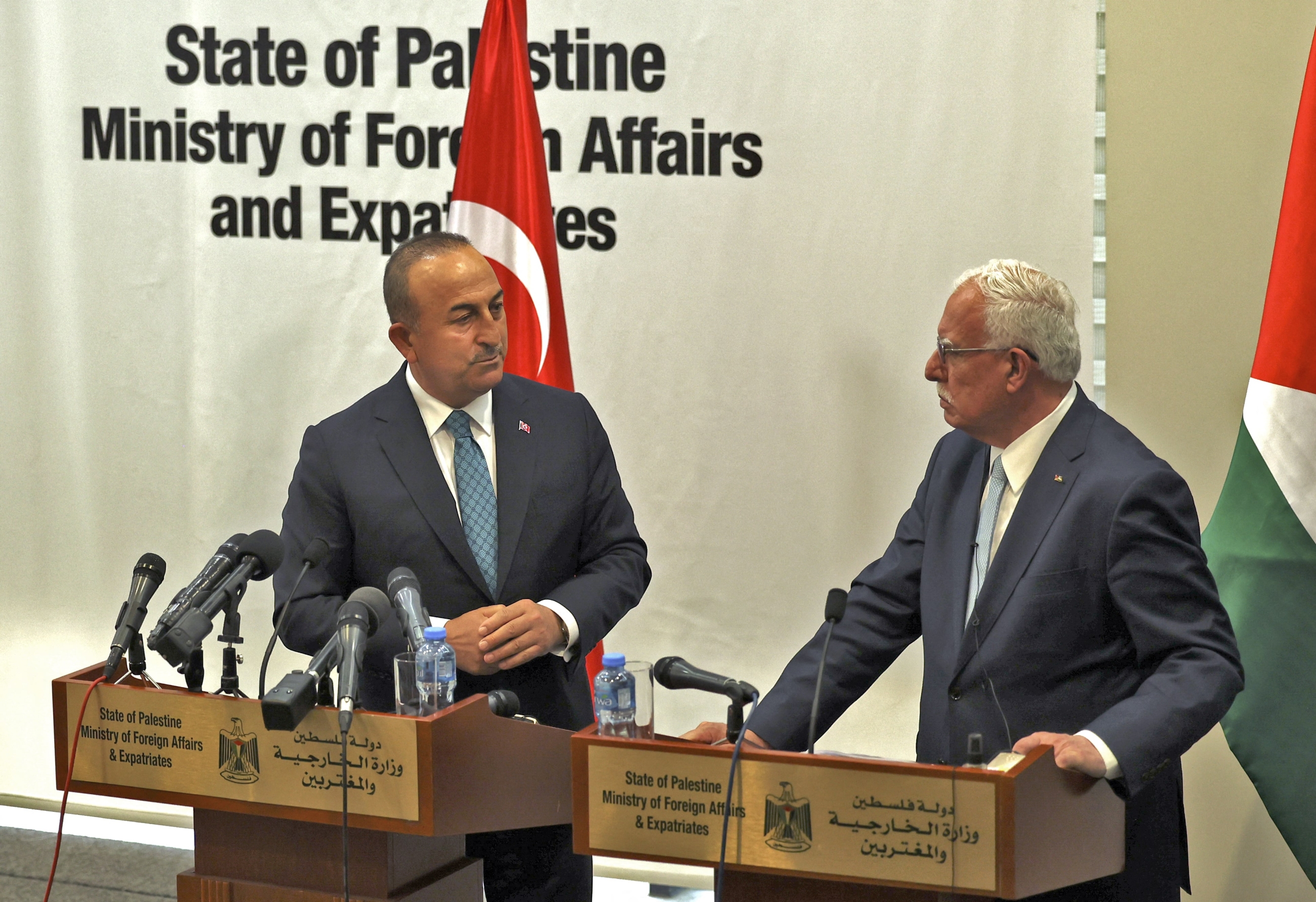
Turkish Foreign Minister Mevlut Cavusoglu reiterated on Tuesday his country's support for independence and sovereignty for Palestinians at the start of his rare two-day visit to the occupied West Bank and Israel.
Speaking after meeting his Palestinian counterpart Riyad al-Maliki in the West Bank city of Ramallah, Cavusoglu said that Turkey’s "support for the Palestinian cause is completely independent from the course of our relations with Israel".
Al-Maliki called Cavusoglu's visit, the first by a high-level Turkish official in 15 years, “historical”.
The two signed nine cooperation agreements to bolster the struggling Palestinian economy.
"What we heard has reinforced our position and what we do to achieve freedom and independence," said Maliki.
Cavusoglu reinforced his support for a two-state solution, saying it is necessary to establish peace according to the pre-1967 borders.
“This is the only way the Palestinian issue can be solved,” he said.
Cavusoglu will also meet Palestinian President Mahmoud Abbas on Tuesday, and Israeli Foreign Minister Yair Lapid and Tourism Minister Yoel Razvozov on Wednesday.
Commenting on recent events happening at Al-Aqsa Mosque, where Israeli security forces repeatedly stormed the holy site during Ramadan, Cavusoglu said that “it is important for all Muslims that the sanctity and status of the Al-Aqsa is protected”.
Israel and Turkey’s relations have been strained on several occasions in recent years mainly due to Ankara's criticism of Israel's occupation.
The diplomatic spat culminated in 2010, when an Israeli attack against a humanitarian aid operation heading to Gaza left nine Turkish activists dead. The same happened in 2018, when the two countries expelled ambassadors following the United States’ decision to move its embassy to Jerusalem.
In March, Israeli President Isaac Herzog visited Turkey and met with Turkish President Recep Tayyip Erdogan to mend their ties.
Middle East Eye propose une couverture et une analyse indépendantes et incomparables du Moyen-Orient, de l’Afrique du Nord et d’autres régions du monde. Pour en savoir plus sur la reprise de ce contenu et les frais qui s’appliquent, veuillez remplir ce formulaire [en anglais]. Pour en savoir plus sur MEE, cliquez ici [en anglais].


